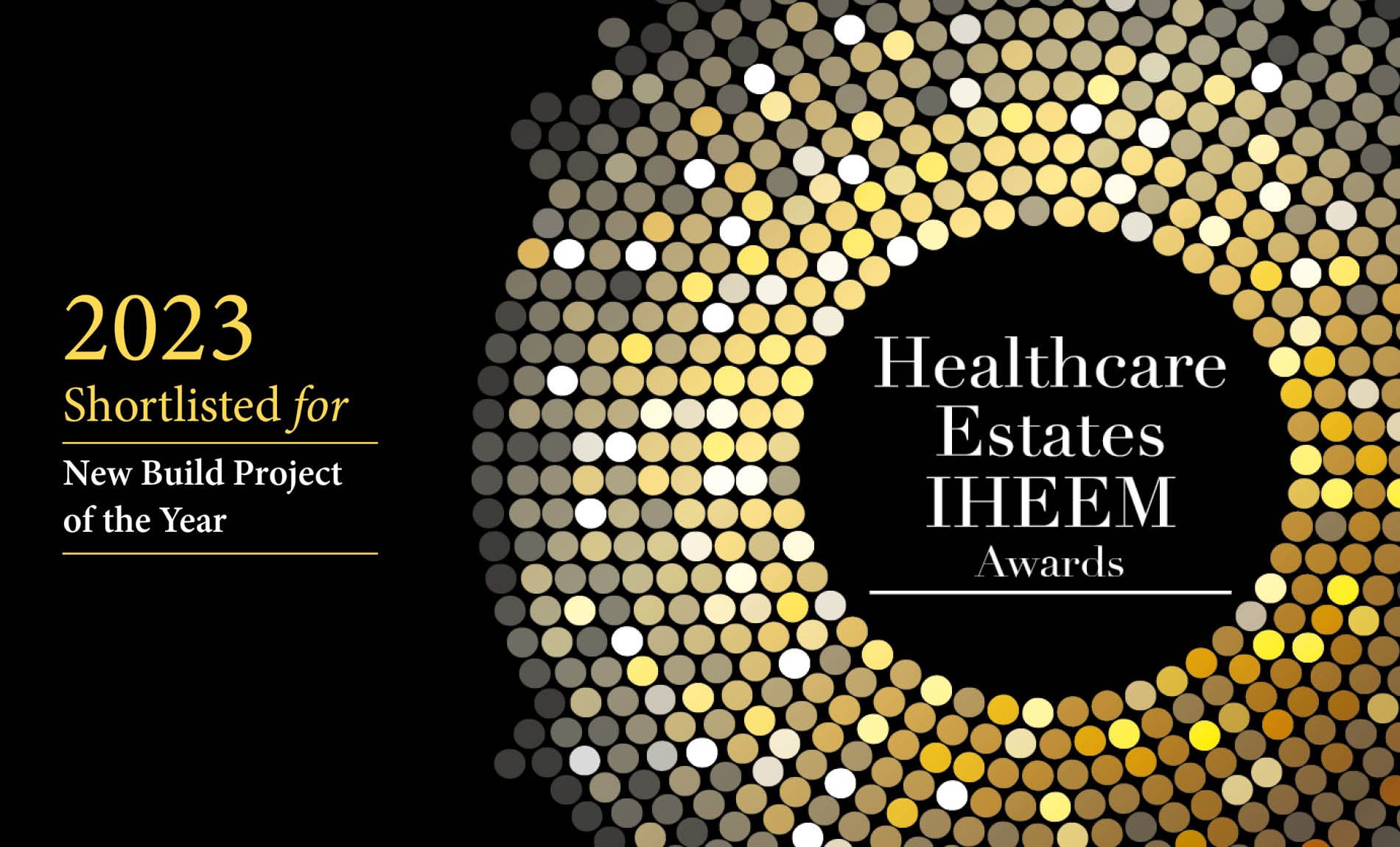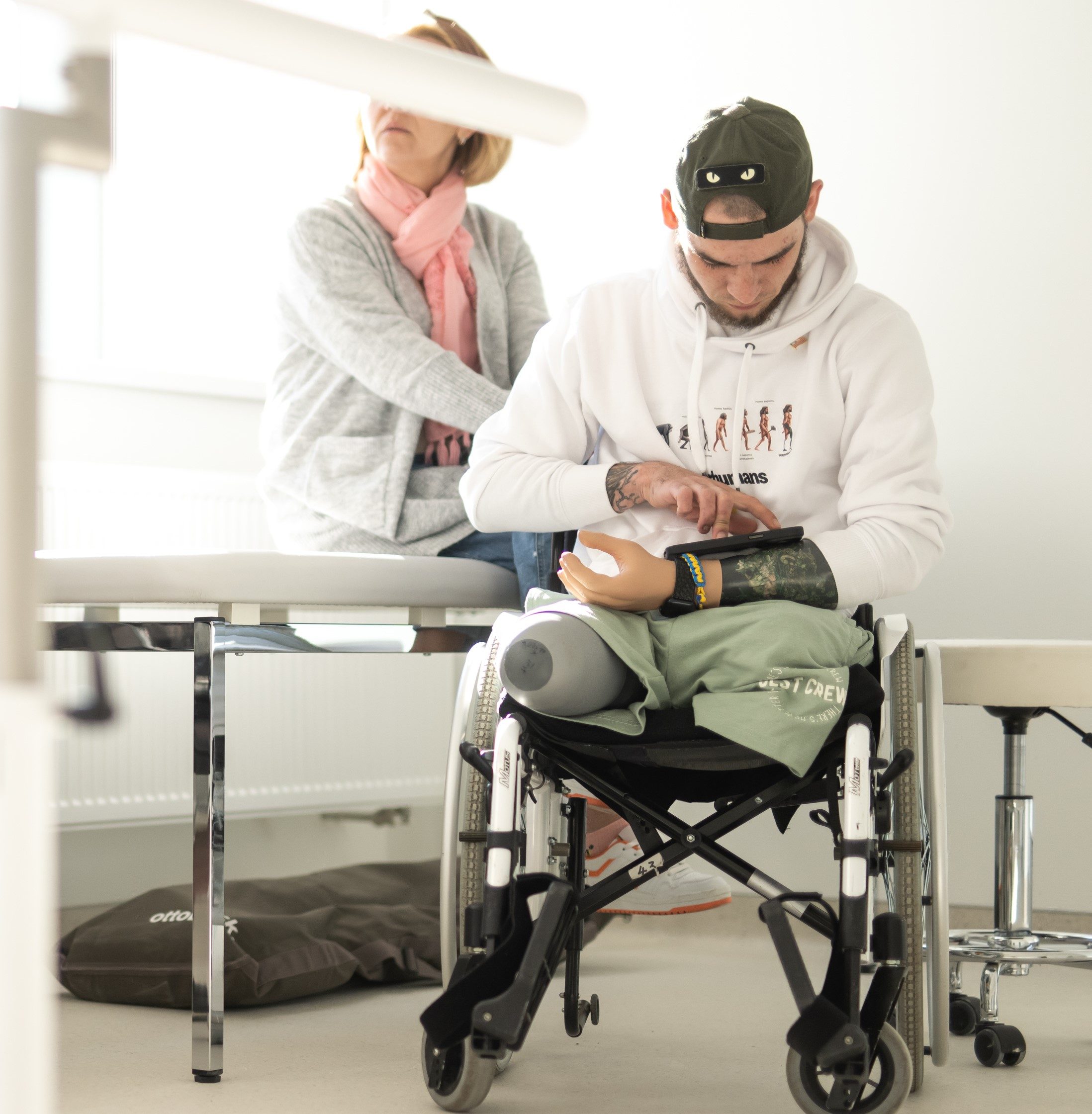Excellence in Latest Healthcare Innovations
Together with James Paget University Hospital we are delighted to have been nominated in the Healthcare Estates IHEEM Awards, which recognises excellence in the latest innovations, projects, teams and individuals from the NHS and in the healthcare engineering and EFM sector.
The Awards are judged by experts with extensive experience and achievements within the NHS and commercial healthcare sector.
New Build Project of the Year
‘Concept Ward’ – James Paget University Hospital. Designed & Delivered by Health Spaces
This award recognises the project team that has successfully delivered a new build project in the past 12 months: May 2022 – 2023.
This project was part of a programme to provide urgent patient space as James Paget University Hospital underwent precautionary remedial work. However, as the hospital has been selected to join the New Hospital Programme, the space presented a unique opportunity to trial principles related to the programme, forming a ‘test bed’ to trial innovative ways of working, new technologies and the impact of single in-patient rooms.
Seeing different speciality wards from the main hospital including emergency surgery, acute medicine, paediatrics and orthopaedic surgery, the ward, named as the ‘Concept Ward’, would form a research centre. The results of the research, sponsored by Staffordshire University, will inform future designs at the hospital, the wider Trust, the NHS, and healthcare community internationally.
The space also trialled the modular (MMC) approach to design and build – highlighting the advantages to using a ‘bespoke approach to standardisation’, combining unique design elements with ‘cookie cutter design’.
Space-saving healthcare design
Modular bays for the new hospital ward were delivered and installed in just two weeks – and were quickly followed by the delivery of plant modules and then four linkway bays to form a connecting corridor to the main hospital building. The innovative design of the Concept Ward meant that the plant needed to run its electrical, heating and airflow systems is placed in modules on top of its roof – helping to maximise use of space for patient care and keep corridors clutter-free.
Specialist ventilation equipment can completely change the air in some rooms up to 15 times per hour, which means they can accommodate patients who require a greater degree of observation.
Some of the rooms can also be switched to ‘negative pressure’ – an infection control technique to prevent cross-contamination from room to room, used to isolate patients with airborne contagious diseases such as COVID and flu.




